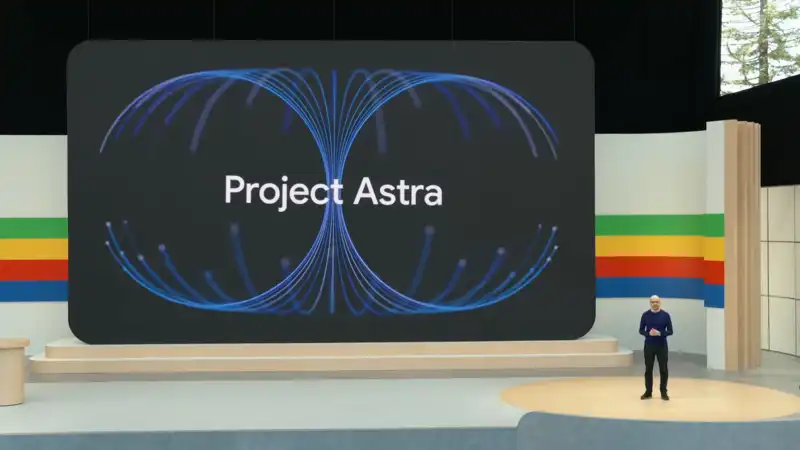At the Google I/O developer conference in May, Google announced that it is working on a new AI assistant called “Project Astra. ”Astra is designed to be a universal AI agent for everyday life, with the ability to utilize your phone's camera and voice recognition software to assist you. It understands commands and responds like a real person.
Google initially promised that Astra would appear in Google's Gemini app “later this year. That schedule has now been changed to sometime in 2025, and Google CEO Sundar Pichai confirmed the news at parent company Alphabet's Q3 earnings call.
Pichai did not get into specifics, but said that Google is “building experiences that allow AI to see and reason about the world around you,” adding that the company aims to “ship such experiences as early as 2025.” It is unclear what experiences will appear next year, or whether the ones Google initially announced will be available by the end of the year.
Given that Apple plans to release its own camera-based AI tool called Visual Intelligence on the iPhone 16 at some point in December, one would hope that Google will struggle to avoid long delays.
The use of the word “experience” also suggests that Project Astra may have more than a camera-centric mode. However, Pichai could also be referring to the fact that Astra will be available on Android phones and smart glasses.
However, Google's AI ambitions do not begin and end with Astra. Pichai also noted that Google's team is “actively working on performance improvements and new features for our various models.” He also confirmed that a third-generation Gemini model, possibly Gemini 2.0, is “well underway,” but declined to provide further details. Rumors suggest that Gemini 2.0 could be announced as early as December, which would mean at least some good AI news by the end of the year.
As for Google's other services and their eventual integration with AI, Pichai said, “We have an aggressive roadmap for 2025. As such, Gemini and other Google AI features are expected to be deployed fairly rapidly over the next 12-14 months.










Comments